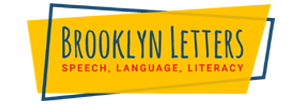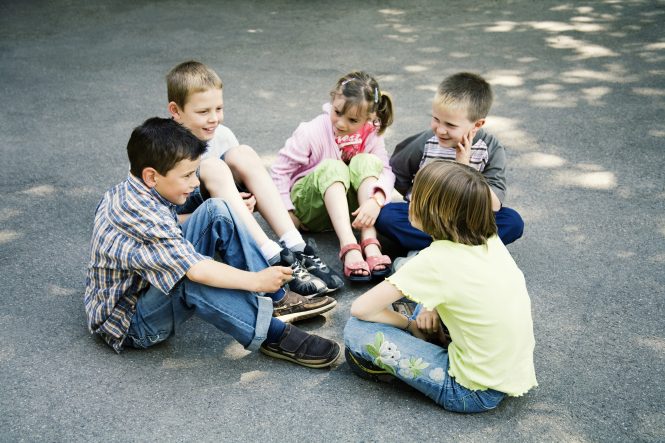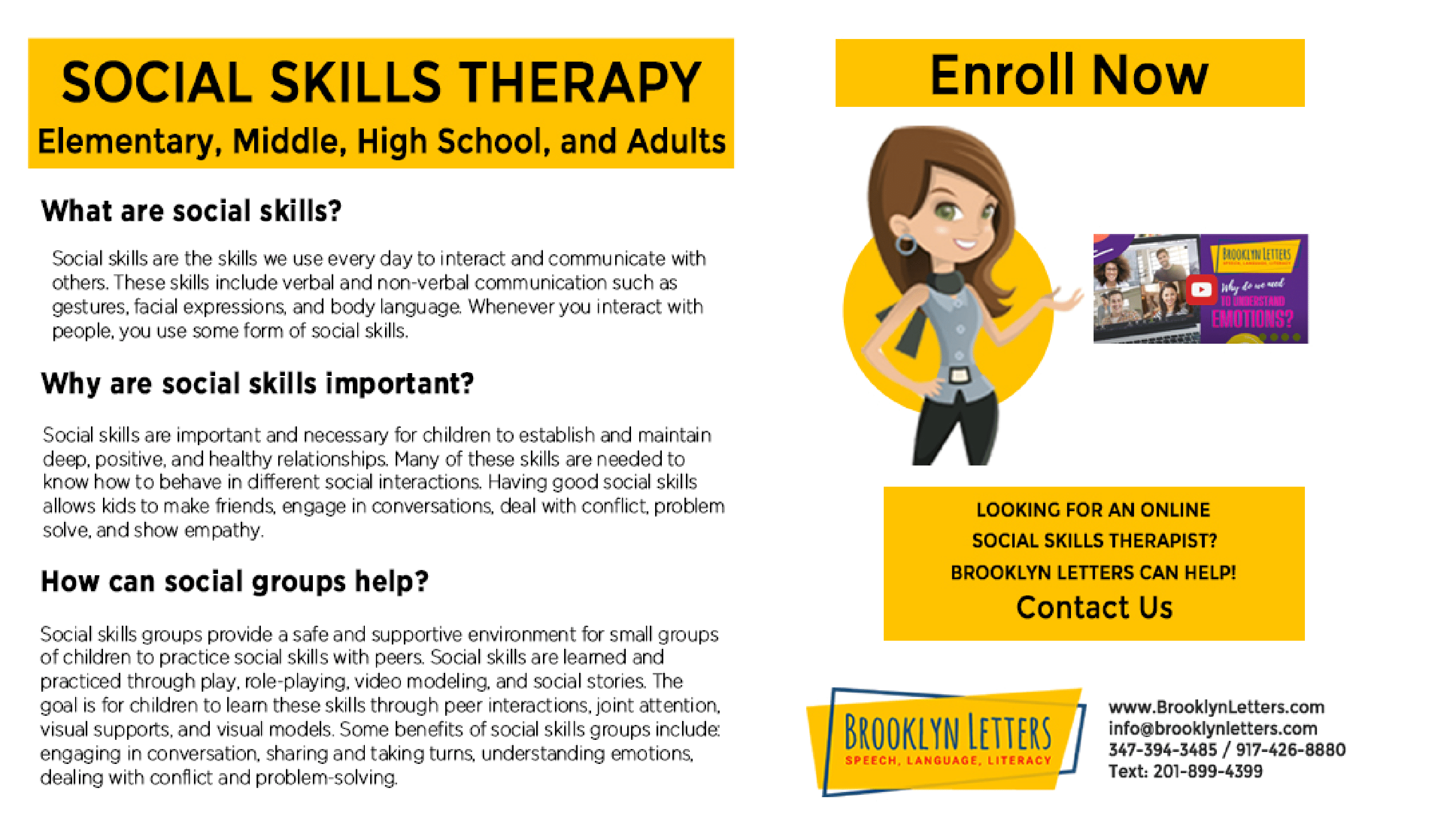SOCIAL SKILLS GROUPS
SOCIAL SKILLS ASSESSMENT FOR YOUNG CHILDREN $150
We use a standardized empirically validated parent-report questionnaire (optional) to help assess pragmatic language development in 18- to 47-month-old children. This assessment helps identify children with delay or impairment in pragmatic language development (i.e., the use of language in a broad variety of everyday settings and in interaction with other people) compared to children of the same sex and age in months; to identify children whose expressive language skills should be further evaluated with a comprehensive speech and language assessment. We mail you the questionnaire, you fill it out, mail it back to us & we score it, provide you with the results, and schedule a 30 minute phone consultation.
TESTIMONIALS
This experience has been wonderful, for both my son and myself. You ve offered amazing support, for which I am grateful, and have continuously given me great strategies and suggestions. I feel like I've gained more tools in these 10 weeks than I have with various other therapists with whom we worked for years.
– Jackie
Our four-year old son, Kenzie, really enjoyed his play time with Caroline, Sarah and his playmate. We could tell week after week that he was developing good social skills and becoming more verbally expressive. We were right that this would be a good stepping stone to starting kindergarten. He looked forward to his playgroup therapy sessions every week!
– Roland
REFERENCES
Language (sound, vocabulary, play, social language, grammar) developmental milestones (12 months-5 years old): Gard, Gilman & Gorman, Speech and Language Development Chart, Pro-ed, Inc. 1993.
NY State Common Core Standards (Pre-K through 12th grade), including speaking and listening.
Helpful Tips And Guides For Parents
Schedule a Free Consultation Today!
Phone: (347) 394-3485
Text: (917) 426-8880
Email: [email protected]
Our social skills therapist is ready to help you!



